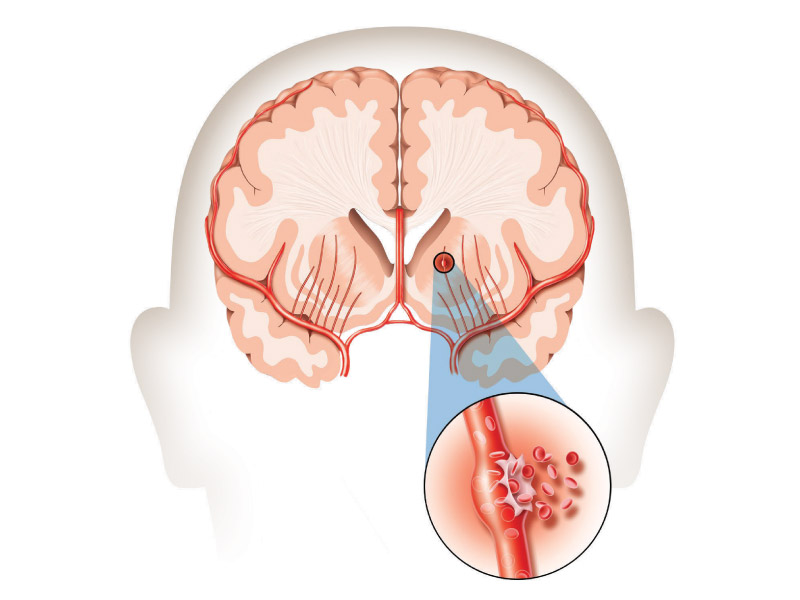Smoking boosts risk for rare, often fatal, bleeding stroke
By American Heart Association News

People who smoke, especially those genetically predisposed to doing so, are at much higher risk for a rare but often fatal type of bleeding stroke, new research shows. And the more you smoke, the higher the risk.
The study, published Thursday in the American Heart Association journal Stroke, provides evidence of a causal link between smoking and subarachnoid hemorrhage, or SAH. That's when a blood vessel on the surface of the brain ruptures and bleeds into the space between the brain and the skull. This accounts for 5% of all strokes and affects mainly middle-aged adults; half of the people who have SAH strokes are under age 55. One-third of people who have them die within days or weeks. Those who survive have a high rate of disability or cognitive impairment.
"Previous studies have shown that smoking is associated with higher risks of SAH, yet it has been unclear if smoking or another confounding condition such as high blood pressure was a cause of the stroke," Dr. Guido Falcone, the study's senior author, said in a news release. He is an assistant professor of neurology at Yale School of Medicine in New Haven, Connecticut.
The new study analyzed data for 408,609 people in the United Kingdom between the ages of 40 and 69 who were part of a large cohort that gave researchers access to genetic and other health information. Researchers identified people in the group who smoked, along with those who carried genes associated with a propensity for smoking and those who later experienced SAH strokes.
They found the more a person smoked, the higher their risk of having an SAH. Those who smoked half a pack to 20 packs of cigarettes per year had a 27% higher risk than those who didn't smoke. Heavy smokers – more than 40 packs per year – were three times more likely than non-smokers.
People who carried a genetic predisposition for smoking were at 63% greater risk for having an SAH.
The results should prompt future studies to explore whether genetic variants leading to smoking can be used to identify people at risk for this type of stroke, lead study author Dr. Julian N. Acosta said in a news release. He is a neurologist and postdoctoral research fellow at Yale School of Medicine. "These targeted populations might benefit from aggressive diagnostic interventions that could lead to early identification of the aneurysms that cause this serious type of bleeding stroke."
If you have questions or comments about this story, please email [email protected].





